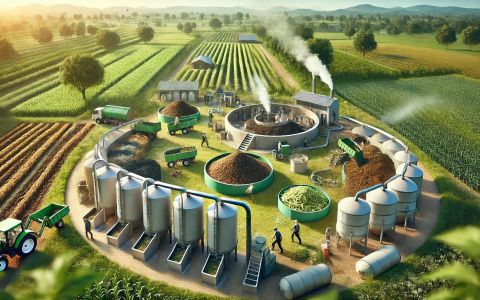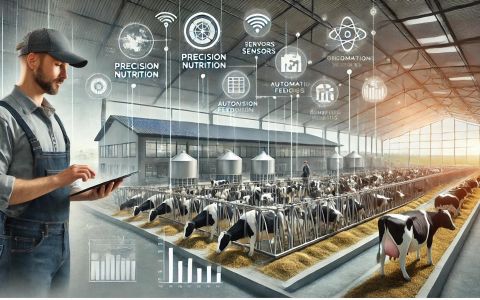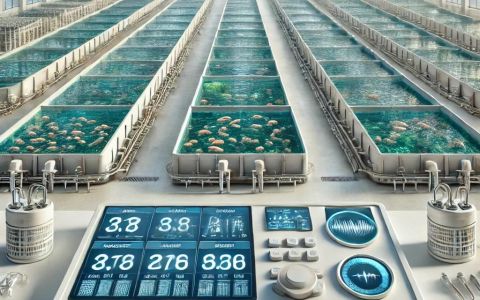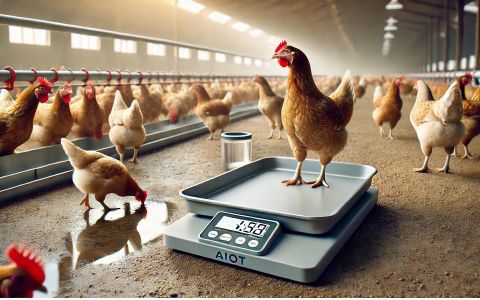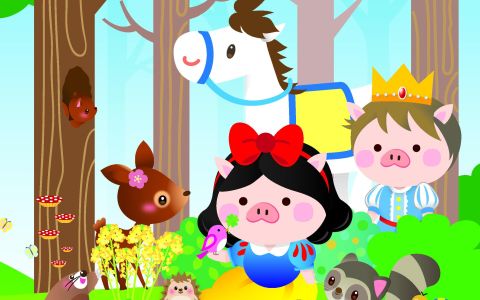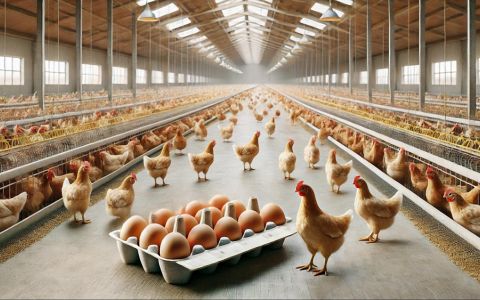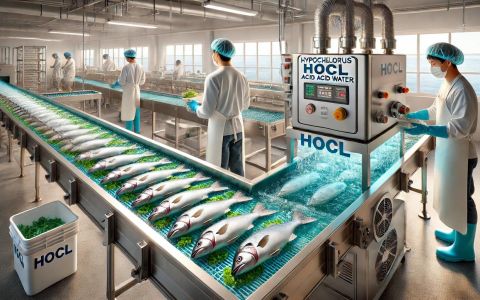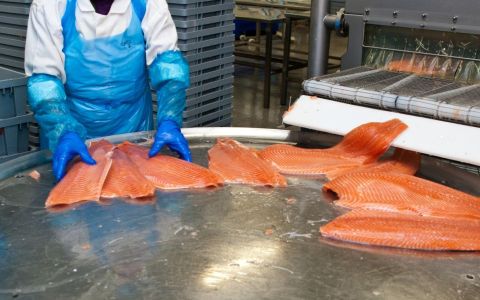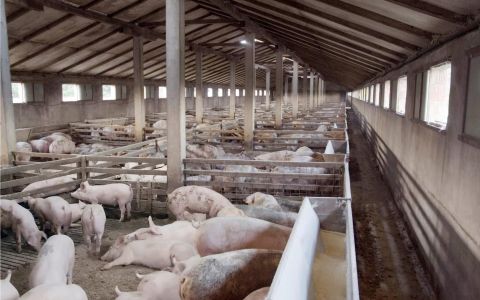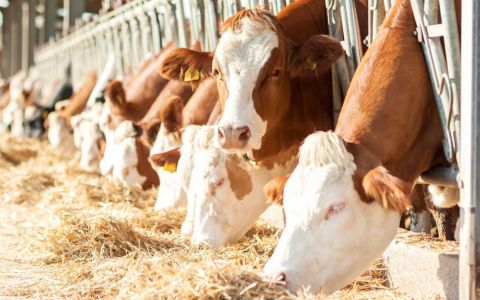Manufacturers are developing organic fertilizers, while the government expands subsidies, working together to create a farming environment that is environmentally friendly.
Chemical fertilizers have high nutrient content and require less quantity. They can be directly and rapidly absorbed by crops, which has been a common practice among farmers for a long time. However, Taiwan's high temperature and rainfall lead to rapid decomposition of organic matter, resulting in insufficient organic content in farmland soil. This, in turn, causes soil acidification and heavy metal accumulation, resulting in irreversible damage. Organic fertilizers have a slow but long-lasting effect. They promote the growth of beneficial microorganisms in the soil, improve soil aeration, water retention, and fertility. They also enhance the soil's ability to buffer against environmental changes, preventing drastic fluctuations in pH and EC values.
In recent years, due to the impact of the COVID-19 pandemic and the Russia-Ukraine conflict, the prices of chemical fertilizers have been continuously rising. This creates a good opportunity to promote organic fertilizers. In addition, the Agricultural Development Agency has implemented strategies for achieving zero net emissions in agriculture and actively seeks funding. They provide subsidies of up to 10 metric tons per hectare for the application of domestically produced organic fertilizers to conventional farming households, with a maximum subsidy of 20,000 NTD. This aims to reduce the financial burden on farmers and decrease the usage of chemical fertilizers. Taiwanese manufacturers are also dedicated to researching and developing environmentally friendly fertilizers, working together to enhance the fertility of farmland in this region.
ROLLING GREENS CO., LTD.
"ROLLING GREENS CO., LTD." utilizes cutting-edge fermentation technology to introduce "RichFarm," a microbial product with over 15 billion colony-forming units (CFUs) per gram. It innovatively employs freeze-drying technology to maintain the stability and long-term preservation of high CFU counts at room temperature. "RichFarm" functions as a soil probiotic, leveraging the diverse microbial environment present in crop growth. Some beneficial microbes aid in nutrient absorption, while others enhance immunity. The research and development team has selected specific probiotic strains suitable for different crops. Without altering farmers' cultivation practices, these strains are mixed with water in the existing irrigation system and applied to the soil alongside chemical or organic fertilizers. This results in the production of stimulating substances that promote plant growth and effectively prevent pathogenic infections. These probiotics adapt to various environments and farming methods, boosting crop yield and quality, leading to increased sweetness and fruitfulness. "ROLLING GREENS CO., LTD." holds dual patents in mainland China and Taiwan. With a global market presence, the company is committed to agricultural sustainability, serving farmers worldwide and achieving agricultural prosperity.
GROUP GAIN BIO-AGRI CO., LTD.
During the rearing process, livestock and poultry generate waste such as excrement, bedding material, and damaged eggs, as well as wastewater. Improper handling of these waste materials can lead to foul odors, breeding of flies and mosquitoes, and contamination of water sources, posing public health and sanitation concerns that impact the quality of life for nearby residents. "GROUP GAIN BIO-AGRI CO., LTD." utilizes enzymes to decompose livestock and poultry waste, transforming organic matter into well-ripened organic fertilizers within a short time of 3-4 hours, much faster than traditional composting methods. The mechanical equipment requires less space compared to traditional composting, which requires large areas for piling. The energy-efficient design of the equipment ensures rapid heating of the tank, consistent internal insulation, uniform mixing without dead zones, and stable and consistent product quality. The process does not consume nitrogen or carbon source components, preserving the nutrient content of the fertilizer and eliminating wastewater odors. Furthermore, the high-temperature reaction significantly reduces insect eggs and pathogens, reducing the environmental burden. "GROUP GAIN BIO-AGRI CO., LTD." adopts a circular agriculture approach by incorporating agricultural and livestock waste, reducing waste generation during fertilizer production. Their products not only meet the market demands but also contribute to a non-toxic agricultural environment, deeply cultivating the land and creating blessings for farmers.
Other News
Discover how cutting-edge carbon reduction strategies and circular technologies are transforming agriculture, with inspiring examples from Taiwan and Japan leading the way to a greener, more sustainable future.
Integrating smart technologies such as sensors, IoT, and AI into agriculture and livestock sectors enables precise nutritional management, enhancing production efficiency, reducing waste, and promoting environmental sustainability.
This innovative approach combines solar photovoltaic power generation with smart aquaculture technologies, enhancing land use efficiency, stabilizing water quality, and improving farming environments to boost productivity and sustainability in the aquaculture industry.
Integrating artificial intelligence and Internet of Things technologies, AIoT automated poultry scales utilize image recognition to calculate poultry numbers and average weights, uploading data to the cloud for real-time monitoring, thereby optimizing feed management and enhancing farming efficiency.
In 2023, Taiwan's swine industry demonstrated resilience and innovation, supported by government policies such as tax exemptions and the promotion of self-sufficient feed ingredients, leading to a stable foundation and breakthroughs in international markets.
Discover how antibiotic-free feed formulations are revolutionizing the layer industry, enhancing hen health, boosting egg quality, and paving the way for sustainable and safe food production.
Explore how hypochlorous acid water (HOCl) serves as a safe, eco-friendly disinfectant, enhancing biosecurity and promoting sustainable practices in modern farming and aquaculture.
Explore how Taiwan's fisheries industry is advancing seafood processing and cold chain logistics to minimize waste, ensure product quality, and cater to diverse market needs.
Discover how Taiwan's livestock industry is leading the circular economy by turning manure into green energy, organic fertilizer, and valuable industrial resources.
Bacillus and ammonia-oxidizing bacteria are game-changers in livestock production, enhancing animal performance and reducing environmental impact. Through advanced strain selection and innovative applications, these microbes optimize feed efficiency, mitigate ammonia emissions, and promote sustainable farming practices








